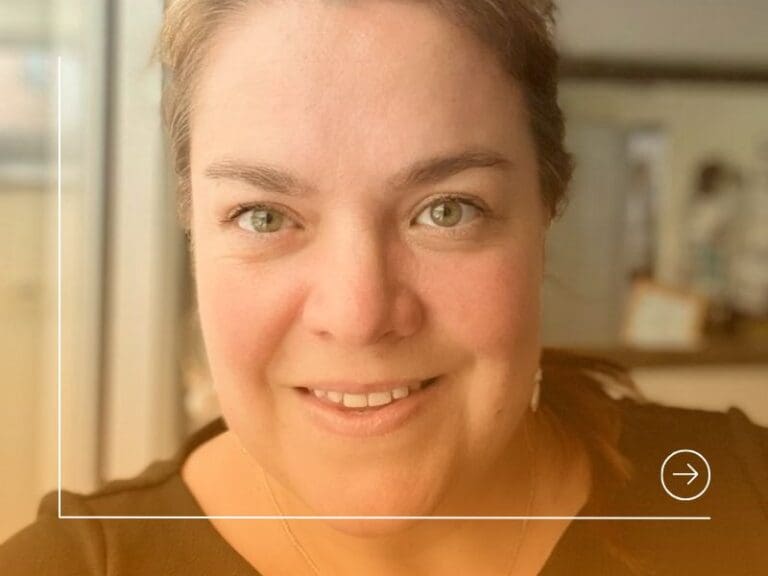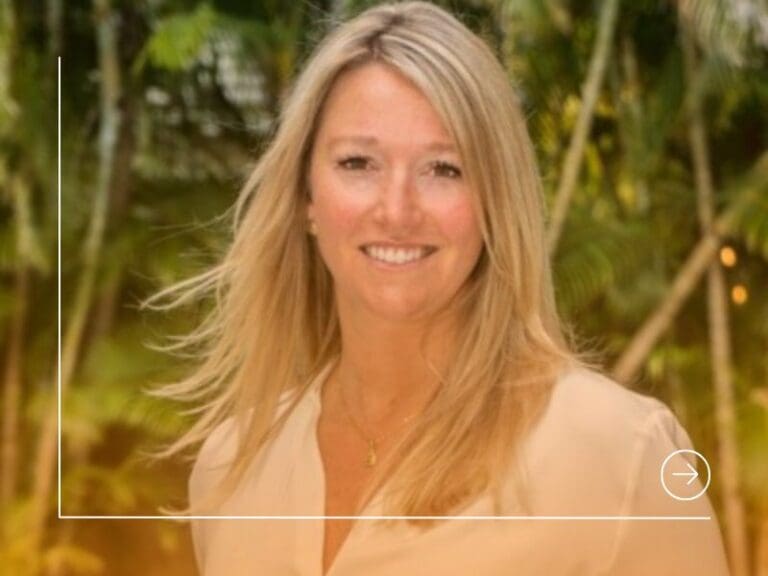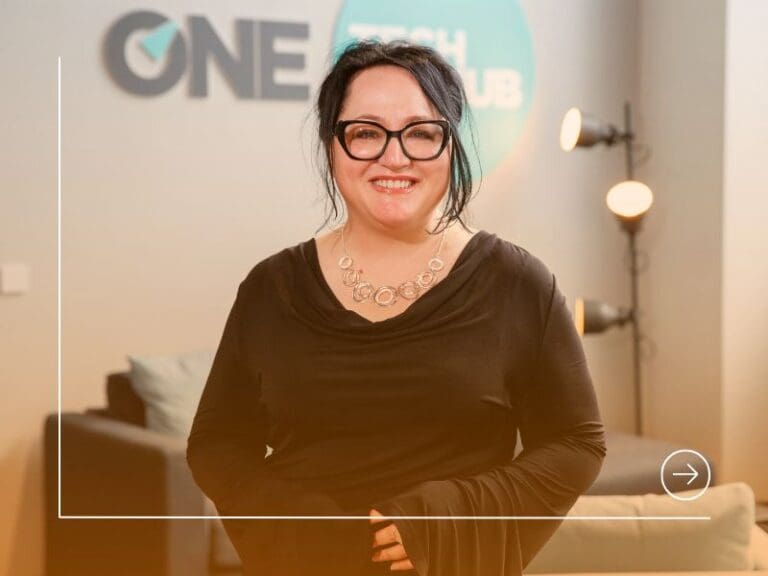She provides expert advice and guidance on how customers can use Machine learning and Artificial Intelligence technologies to accelerate and develop data pipelines. Yasha has implemented machine learning algorithms in healthcare, as well as delivered large scale strategic projects to organisations in a variety of industries, including big pharma, oil and gas, and large beverage manufacturers.
WE SAT DOWN WITH YASHA TO DISCUSS HOW SHE GOT INTO THE INDUSTRY, HER FEMALE ROLE MODELS, TACKLING IMPOSTER SYNDROME AND HER ADVICE FOR OTHER WOMEN IN TECH.
HOW DID YOU LAND YOUR CURRENT ROLE? WAS IT PLANNED?
At a time in my previous role when I knew I wanted to move back into software, I had lunch with my female friends from my data programme. I mentioned that I was interested in moving countries, and this is when my friend who worked at Tamr suggested I apply for the role I’m currently in. It’s a unique role that is difficult to hire for, so I appreciated the opportunity to speak with someone within the company who knew I would enjoy it.
WHAT ARE THE KEY ROLES IN YOUR FIELD OF WORK, AND WHY DID YOU CHOOSE YOUR CURRENT EXPERTISE?
In my field of work, roles can vary from data science and analytics to more specialist data engineering positions. It’s a spectrum and depends on your skills and interests, and many people move between these as well. I chose my role to play to my strengths and passions. For example, while I still enjoy coding, I’ve pursued consulting and customer-facing roles so that I can have a healthy balance- I find I use a different creative part of my brain to solve customer problems.
Even in this current climate, there are lots of roles in tech that are in high demand. And in smaller companies, you can shape your role based on what interests you. At this stage in my career, I work with very sophisticated software at Tamr which keeps me sharp.
DID YOU (OR DO YOU) HAVE A ROLE MODEL IN TECH OR BUSINESS IN GENERAL?
The two women who have mentored me and have been integral to my career success are Lara Gureje and Jennifer Scott. I was able to learn from their own experience, they could offer advice and guidance for pretty much any scenario that arose. As well as Lara and Jennifer, my peers have often been great role models to me too. The better you know someone, the more you can see and learn from them. In fact, funnily enough despite having left academia, my biggest peer-role model is a mom-friend, Sarah Davies, who is a professor of Biology and Boston University and has taught me a lot about surviving and striving through the day-to-day.
WHAT ARE YOU MOST PROUD OF IN YOUR CAREER, SO FAR?
I’m proud of the support network I’ve built throughout my career. Women that started off as my peers are now my career mentors, as we can all be vulnerable with each other and offer each other support and advice based on our own professional experience. This has been key to helping me mould my career and ultimately get into a position where I feel intellectually challenged, valued and supported.
WHAT DOES AN AVERAGE WORK DAY LOOK LIKE FOR YOU?
My working day varies often, with some days consisting mostly of coding and others doing more customer-focused work. It’s important to find the right balance and structure your workload in relation to what interests you.
ARE THERE ANY SPECIFIC SKILLS OR TRAITS THAT YOU NOTICE COMPANIES LOOK FOR WHEN YOU’RE SEARCHING FOR ROLES IN YOUR FIELD?
I believe communication is an essential trait since it’s rare that you’ll find a role where you can work alone. This is why it is important to treat everyone with respect, regardless of their level or experience. This is key to good communication and being able to work together as a team to achieve your goals.
HAS ANYONE EVER TRIED TO STOP YOU FROM LEARNING AND DEVELOPING IN YOUR PROFESSIONAL LIFE, OR HAVE YOU FOUND THE TECH SECTOR SUPPORTIVE?
Overall, I have found the tech sector supportive of how I want to learn and develop, but there have been scenarios where individual managers didn’t want me to communicate outside of my direct colleagues. I always saw this as a red flag and it is one of the reasons why I’ve changed teams in the past.
HAVE YOU EVER FACED INSECURITIES AND ANXIETIES DURING YOUR CAREER, AND HOW DID YOU OVERCOME THEM?
Every day. All of us have imposter syndrome. Personally, I feel insecure over being a parent, which means I work less hours than other colleagues as I can’t afford to give up more of my time with them. But once you have enough work experience, you realise it’s less about how much time you have and more about how you use it. Sometimes a 20 minute conversation can achieve more than you would have done working for 3 hours alone. Insecurity at work is a daily fight, but using time valuably helps me to reduce these anxieties.
ENTERING THE WORLD OF WORK CAN BE DAUNTING. DO YOU HAVE ANY WORDS OF ADVICE FOR ANYONE FEELING OVERWHELMED?
Always make the most of your time – and make friends! Finding people you can be vulnerable with will reassure you that you’re not alone and will reduce feelings of being overwhelmed. Very few companies will hire you to be an individual genius in the way that you contribute – and even geniuses will benefit from that group setting!
WHAT ADVICE WOULD YOU GIVE OTHER WOMEN WANTING TO REACH THEIR CAREER GOALS IN TECHNOLOGY?
Don’t put yourself in a vacuum and always make sure you are open to your support group. You should also have a goalpost of what you want to experience and learn in the coming years, and make sure you start small and allow yourself the small wins. This will help you to think about how you can be valuable in your role and focus on the goals that will give you the most satisfaction.








